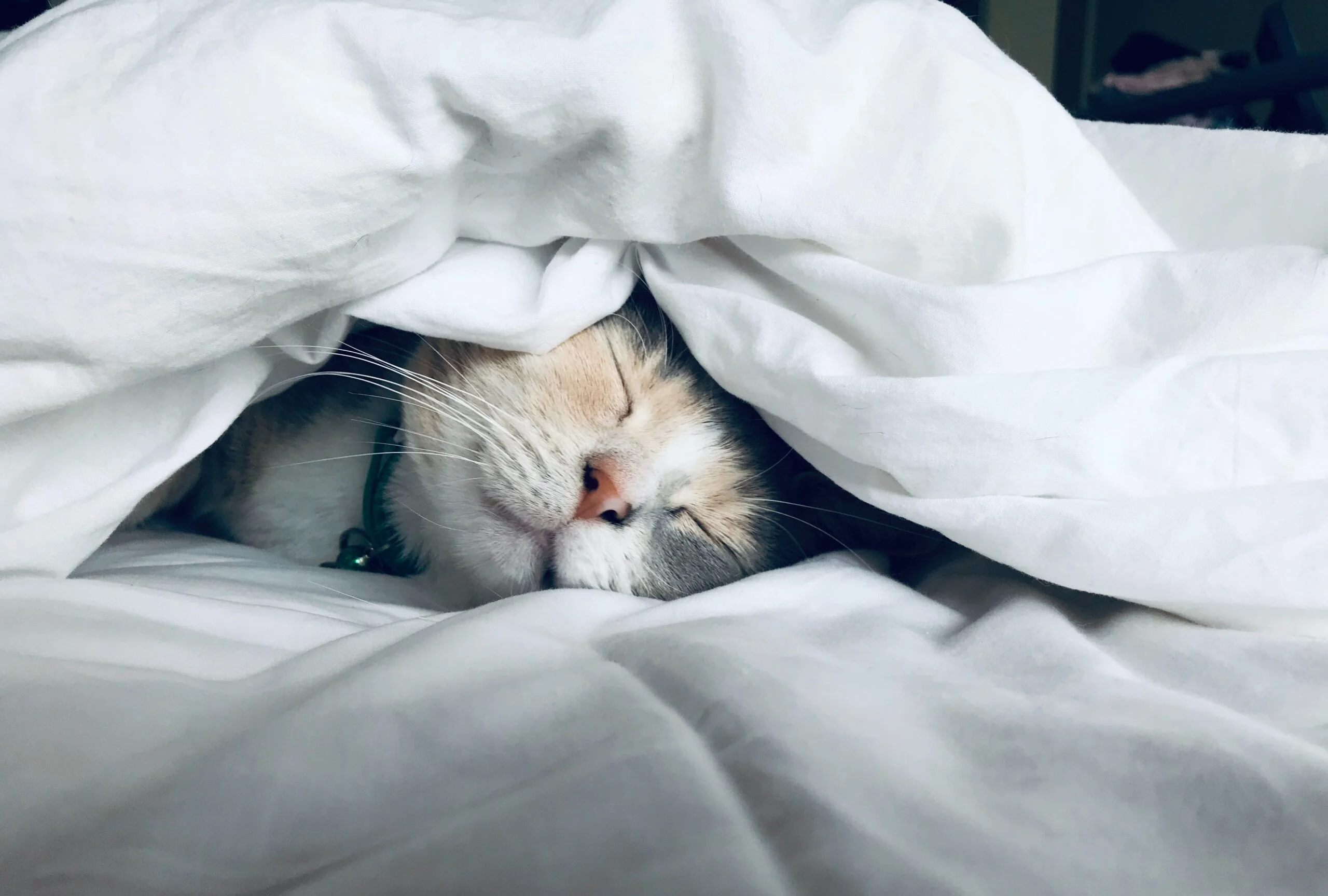Sleep and Depression: A new study has found that sleeping less than 5 hours a night might raise the risk of depression. The research, conducted by a team of scientists at a renowned university, sheds light on the importance of getting enough sleep for mental health.
The study involved over 2,000 participants who were followed for a period of five years. The researchers collected data on their sleep patterns and assessed their mental health using standardized questionnaires. The results revealed a significant association between short sleep duration and an increased risk of depression.
According to the study, individuals who consistently slept less than 5 hours a night were almost twice as likely to develop symptoms of depression compared to those who slept 7–8 hours a night. The researchers also found that the risk of depression decreased as sleep duration increased, with individuals who slept 9 or more hours a night having the lowest risk.
But what is the connection between lack of sleep and depression? The researchers believe that sleep deprivation disrupts the brain’s normal functioning, leading to imbalances in neurotransmitters and hormones that regulate mood. This can result in the development of depressive symptoms over time. Furthermore, the study also highlighted the bidirectional relationship between sleep and depression.
While lack of sleep can increase the risk of depression, individuals with depression often experience sleep disturbances, such as insomnia or excessive sleepiness, which further exacerbate their symptoms.
Sleep and Depression: What the Study Says
So, what can you do to ensure a good night’s sleep and reduce the risk of depression? Here are some tips:
- Establish a bedtime routine: Going to bed and waking up at the same time every day helps regulate your body’s internal clock and promotes better sleep.
- Create a sleep-friendly environment: Make sure your bedroom is dark, quiet, and at a comfortable temperature to create an optimal sleep environment.
- Avoid stimulating activities before bed: Engaging in activities that stimulate your brain, such as using electronic devices or watching TV, can interfere with your ability to fall asleep. Try reading a book or practicing relaxation techniques instead.
- Avoid caffeine and alcohol: Both caffeine and alcohol can disrupt your sleep patterns. Limit your consumption, especially in the evening.
- Manage stress: Stress can interfere with your sleep and increase the risk of depression. Find healthy ways to manage stress, such as exercise, meditation, or talking to a trusted friend or therapist.
Remember, getting enough sleep is essential for both your physical and mental well-being. If you’re consistently struggling with sleep or experiencing symptoms of depression, it’s important to seek professional help. A healthcare provider can provide guidance and support to help you improve your sleep and mental health.
Also, Read: Color Of Your Tongue What It Reveals About Your Health?
Visit: Travel Insightful – Behold the power of travel
Discover more from Lotus LifestyleTips
Subscribe to get the latest posts sent to your email.

